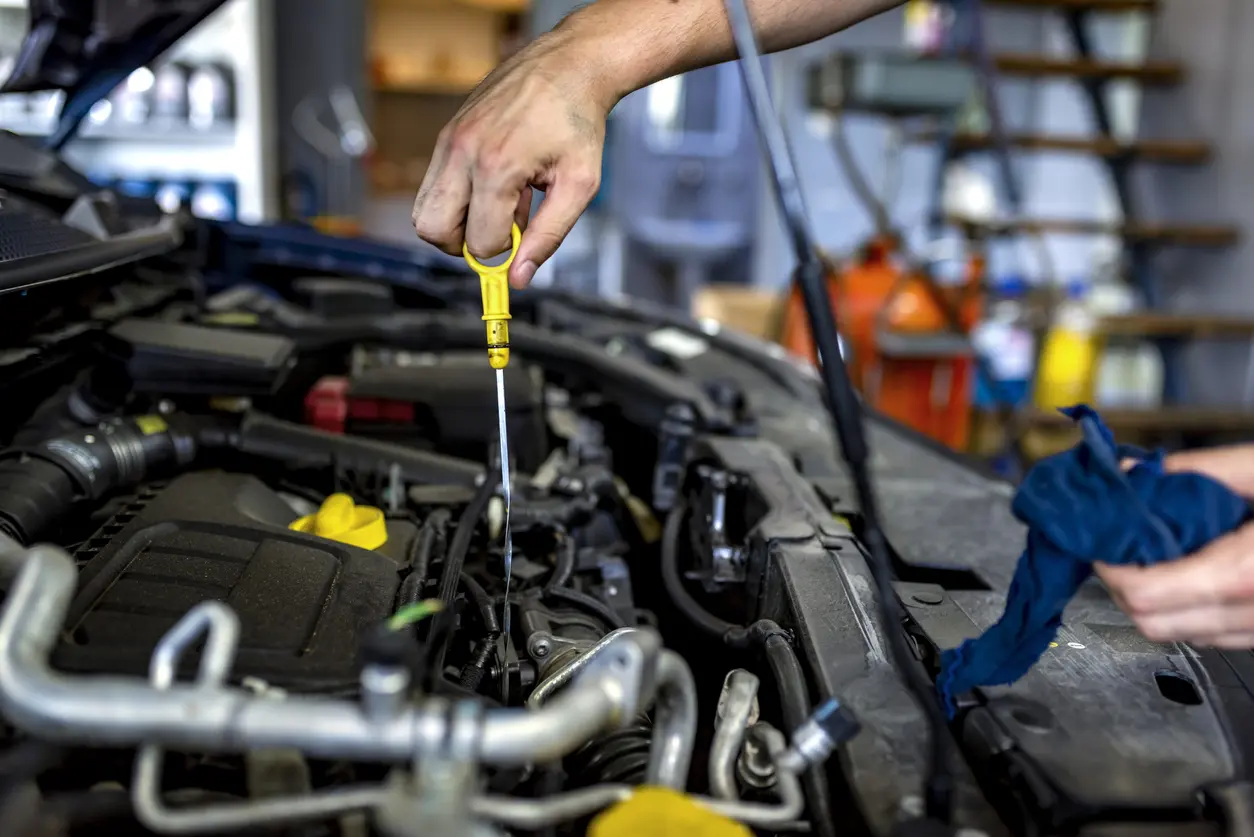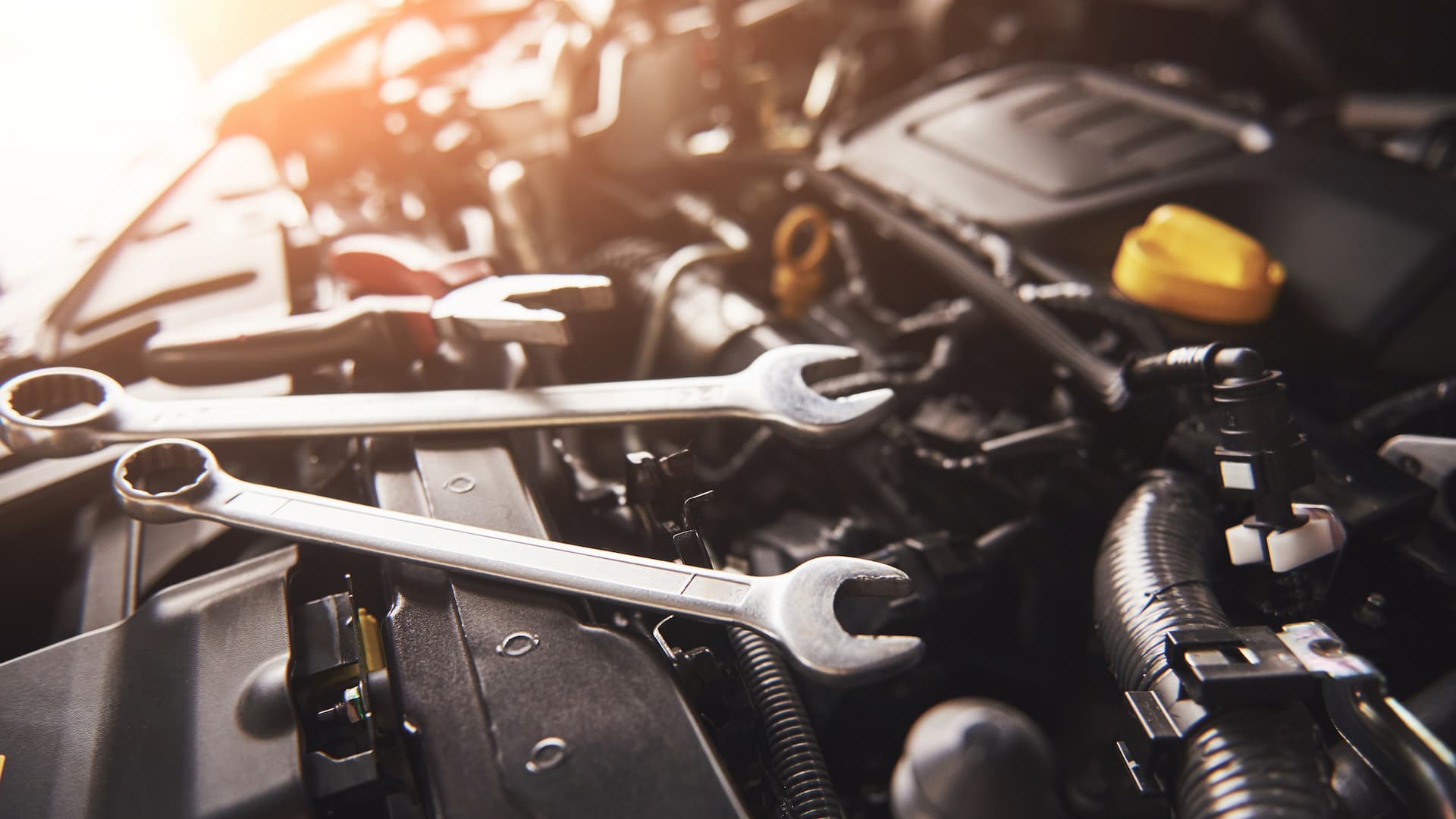Whether you are a new driver or an experienced one, taking proper care of your car’s engine is essential. The engine acts as the heart of your car, providing life to your beloved vehicle.
Small details can have a big impact, especially when it comes to maintaining vehicles. Over time, minor issues with a car, truck, or minivan can accumulate, leading to significant problems for their owners.
On the other hand, taking care of small maintenance tasks and addressing minor repairs promptly can help extend the lifespan of a vehicle and keep it running smoothly for years.
The individuals who drive 25-year-old cars with 400,000 miles are often those who took care of these small issues before they grew into bigger ones. Here are 10 simple things car owners can do to ensure their vehicle stays on the road for a long time.
Studies show that many cars in North America never have their air filter changed, which is concerning considering the recommended frequency for a replacement is once a year or every 12,000 miles, whichever comes first.
Air filters are typically inexpensive—often costing just $10—and changing them is a task most people can do themselves in under 10 minutes.
A dirty, clogged air filter can cause poor engine performance, leading to lower gas mileage, engine backfires, or even engine failure. Preventing these significant issues requires just a $10 investment and a few minutes of your time each year.
Many vehicles end up with their original, worn-out windshield wiper blades still attached, even though they are often ragged, torn, or deteriorated.
People continue driving with noisy, ineffective wipers that scratch or damage the windshield. To protect the windshield and ensure clear visibility, it’s important to replace wiper blades as soon as they start to show wear.
This is an easy and inexpensive fix, and new blades can be purchased at most automotive stores or even discount stores. Replacing them typically involves nothing more than pulling off the old blades and sliding on the new ones.
A major issue with car batteries is not necessarily that the battery dies over time, but that the connection to the vehicle becomes loose or gets corroded. A weak connection can make it hard for the engine to start, and you may find yourself having to try several times to get the engine running.
This is a simple fix: disconnect the battery cables, clean the connectors using water or even Coca-Cola to remove rust, and then securely reattach the cables. This small maintenance task can ensure your car gets the maximum power it needs to run smoothly.
While it’s not necessary to use premium gasoline all the time, occasionally filling your tank with it can benefit your vehicle. Premium gas helps clean the engine and its components, ensuring the engine runs efficiently and potentially prolonging its life.
Using premium gas every now and then can help maintain your engine’s optimal performance and reduce the need for costly repairs. With gas prices falling due to the global oil market, it’s an excellent opportunity to give your car this occasional treat at a relatively low cost.
Not all car recalls make the news, but there are many manufacturer-issued recalls at any given time.
While not all of them are critical, staying informed about recalls and addressing them promptly can extend your vehicle’s lifespan. The best part about recalls is that the necessary repairs are usually done for free, so you don’t have to pay a mechanic.
Keeping an eye on recall notices for your car is an easy way to ensure it stays in good condition. Simply search online for your vehicle’s make and model year, and any associated recalls should appear.

To keep it running smoothly over the years, here are some simple and easy-to-follow tips for maintaining your car engine.
Regular Oil Changes
Picture your car’s engine without oil—it’s like trying to run a marathon without water! Engine oil is crucial for lubricating the moving parts of the engine, reducing friction, and preventing wear.
Make it a habit to change the oil and replace the oil filter every 5,000 to 7,500 miles (or as recommended in your car’s manual). This small step can have a huge impact on your car’s performance and lifespan.
Coolant Checks
The engine in your car can heat up significantly, and that’s where coolant comes into play. Coolant, also known as antifreeze, helps regulate the engine’s temperature, preventing it from overheating.
Be sure to regularly check the coolant levels and top them up when necessary. Always use the coolant mixture recommended by your car manufacturer.
Gentle Driving Habits
While it may be tempting to drive aggressively, it’s not the best choice for your engine’s well-being. Avoid sudden accelerations, harsh braking, and long periods of idling.
Gentle driving puts less stress on your engine and helps improve fuel efficiency. Plus, it’s a safer way to drive for you and everyone else on the road.
Keep Your Air Filter Clean
Just as you need fresh air, your car’s engine needs it too! The air filter prevents dirt, dust, and other debris from entering the engine, protecting it from potential damage.
Be sure to check and clean your air filter regularly, replacing it when it gets dirty. Your engine will appreciate the fresh air.
Timely Spark Plug Replacement
Although small, spark plugs play a vital role in your engine’s performance. They ignite the fuel-air mixture, creating the explosions that power your car.
Over time, spark plugs can wear out, leading to poor fuel efficiency and rough engine starts. Follow your car’s manual for guidance on checking and replacing spark plugs when needed.
Listen to Your Engine
Your car is quite capable of alerting you when something is wrong. If you hear unusual noises such as knocking or sputtering, don’t ignore them.
These sounds could be signs of underlying issues, and having them checked by a professional mechanic can prevent bigger problems down the road.
Regular Maintenance Check-ups
Just like you visit the doctor for regular health check-ups, your car requires routine check-ups as well.
Take your vehicle to a trusted service center for regular maintenance. They will inspect your engine and other essential components to ensure everything is in optimal condition.
Maintaining your car engine doesn’t have to be complicated. By following these simple tips, you can ensure that your engine continues to run smoothly for years.
Remember, a little effort now can save you significant money on repairs in the future. Safe driving and a well-maintained engine!

